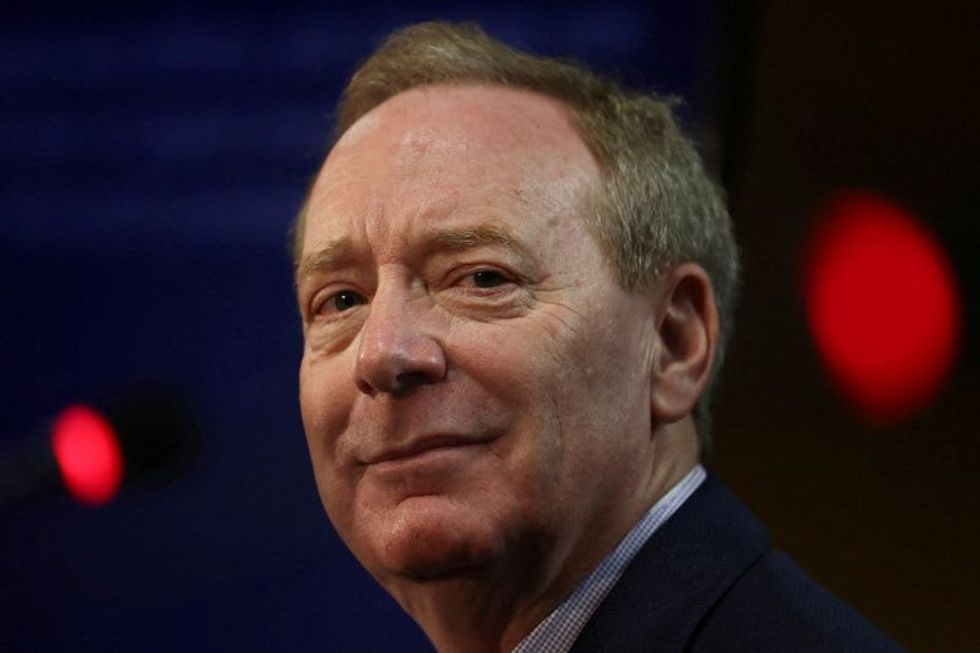Microsoft President Brad Smith Talks Benefits of Regulating Artificial Intelligence
Introduction
In a recent talk in Brussels, Microsoft President Brad Smith discussed the importance of regulating artificial intelligence (AI) and outlined how the U.S. software giant can contribute to this effort. This aligns with his previous message delivered in Washington last month, where he, along with Twitter-owner Elon Musk, advocated for AI regulation to lawmakers and regulators. This move comes as AI technology continues to gain widespread interest, especially with initiatives like Microsoft-backed OpenA…
Benefits of Regulating AI
Regulating AI can bring about various benefits, such as ensuring the ethical and responsible development and use of AI technologies. By establishing clear guidelines and standards, regulators can help to address concerns around AI bias, privacy issues, and potential job displacement. Additionally, regulations can promote transparency and accountability in AI systems, fostering trust among users and mitigating risks associated with unchecked AI deployment.
Microsoft’s Role in AI Regulation
Microsoft has positioned itself as a key player in the push for AI regulation, leveraging its expertise and resources to support lawmakers and regulators in this endeavor. The company has been proactive in developing AI ethics guidelines and tools to assist organizations in implementing responsible AI practices. By engaging with policymakers and stakeholders, Microsoft aims to shape regulatory frameworks that balance innovation with societal well-being.
Impact on Individuals
AI regulation can have implications for individuals in terms of protecting their privacy rights, ensuring fair and unbiased AI decision-making, and safeguarding against potential AI-related risks. As regulations are put in place, individuals may benefit from increased transparency and accountability in AI applications, leading to greater trust and confidence in AI technology.
Impact on the World
On a global scale, regulating AI can have far-reaching consequences for various industries and sectors, including healthcare, finance, and transportation. Standardizing AI practices and establishing clear guidelines can help to drive innovation while minimizing potential harms. By promoting responsible AI deployment, regulators can pave the way for a more sustainable and equitable AI ecosystem that benefits societies worldwide.
Conclusion
In conclusion, the push for AI regulation spearheaded by Microsoft President Brad Smith underscores the need for a proactive and collaborative approach to governing AI technologies. By engaging with stakeholders and advocating for ethical and responsible AI practices, Microsoft is contributing to the development of regulatory frameworks that balance innovation with societal concerns. As AI continues to evolve, regulations play a vital role in shaping a future where AI benefits individuals and the world at large.





